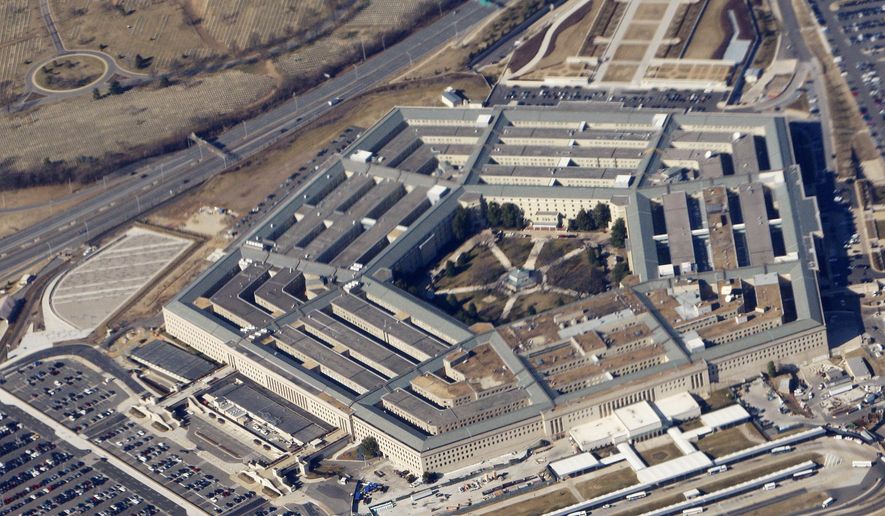About 200,000 military family members and retirees will be forced to get their health care needs from civilian doctors following sweeping changes to the Department of Defense health system that were announced this week.
About 50 on-base military hospitals around the country are being restructured with most set to focus their work solely on active-duty military members.
“Our military hospitals and clinics are, first and foremost, military platforms,” Thomas McCaffery, assistant secretary of Defense for Health Affairs, told Pentagon reporters. “These are the most significant changes for facilities and affect the largest number of our beneficiaries.”
Military officials examined 343 military hospitals and clinics and decided 77 warranted a further screening.
For example, the 436th Medical Group outpatient facility at Dover Air Force Base in Delaware will transition over to an active-duty-only hospital. The same thing will happen for at Fort Bragg, North Carolina, at the Joel Health Clinic.
“Nothing is changing immediately and we intend to mobilize every resource available to help our beneficiaries and our staff navigate these changes,” Mr. McCaffery said. “We will help guide them through every step of the enrollment change process when the time for action arrives.”
The Defense Department will implement the changes in a “deliberate fashion at a pace local health care markets can handle,” Mr. McCaffery said.
Of the 77 finalists, Pentagon officials decided not to change anything at 21 of the military hospitals. That was because the local health system was insufficient to meet the needs of the military dependents and retirees.
“We are leaving these facilities open to all beneficiaries because of our commitment to military and veteran family access to quality health care,” Mr. McCaffery said.
Focusing the military health system on the Pentagon’s core mission of military readiness has been the subject of much debate and study over several administrations.
“Most of our daily work at many facilities, while vitally important to our beneficiaries, is less relevant to supporting readiness,” Mr. McCaffrey said.
Ensuring military readiness and not money-saving is the prime reason for the restructuring. But, Pentagon officials said they expect to save about $36 million in 2021.
• Mike Glenn can be reached at mglenn@washingtontimes.com.




Please read our comment policy before commenting.